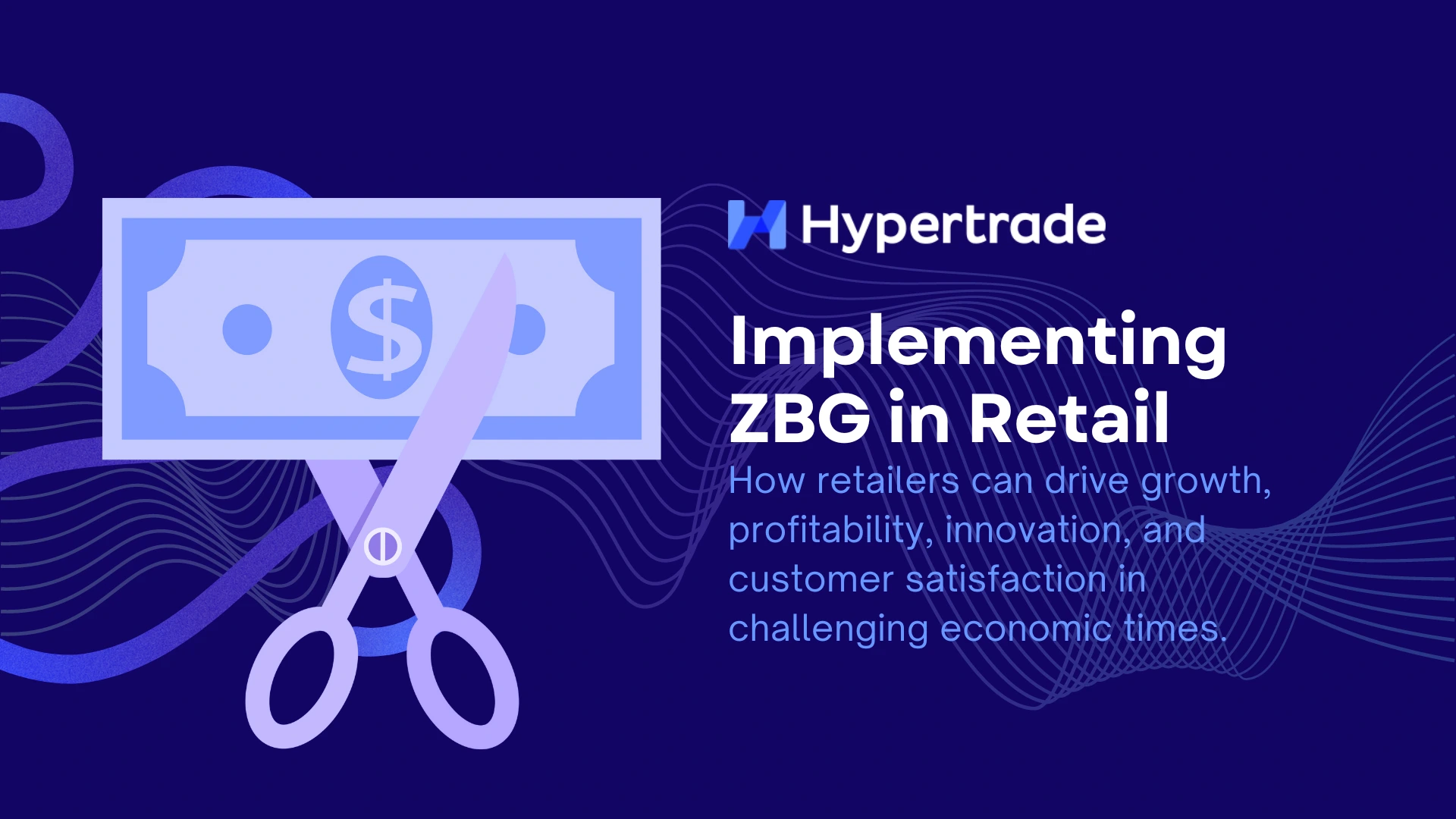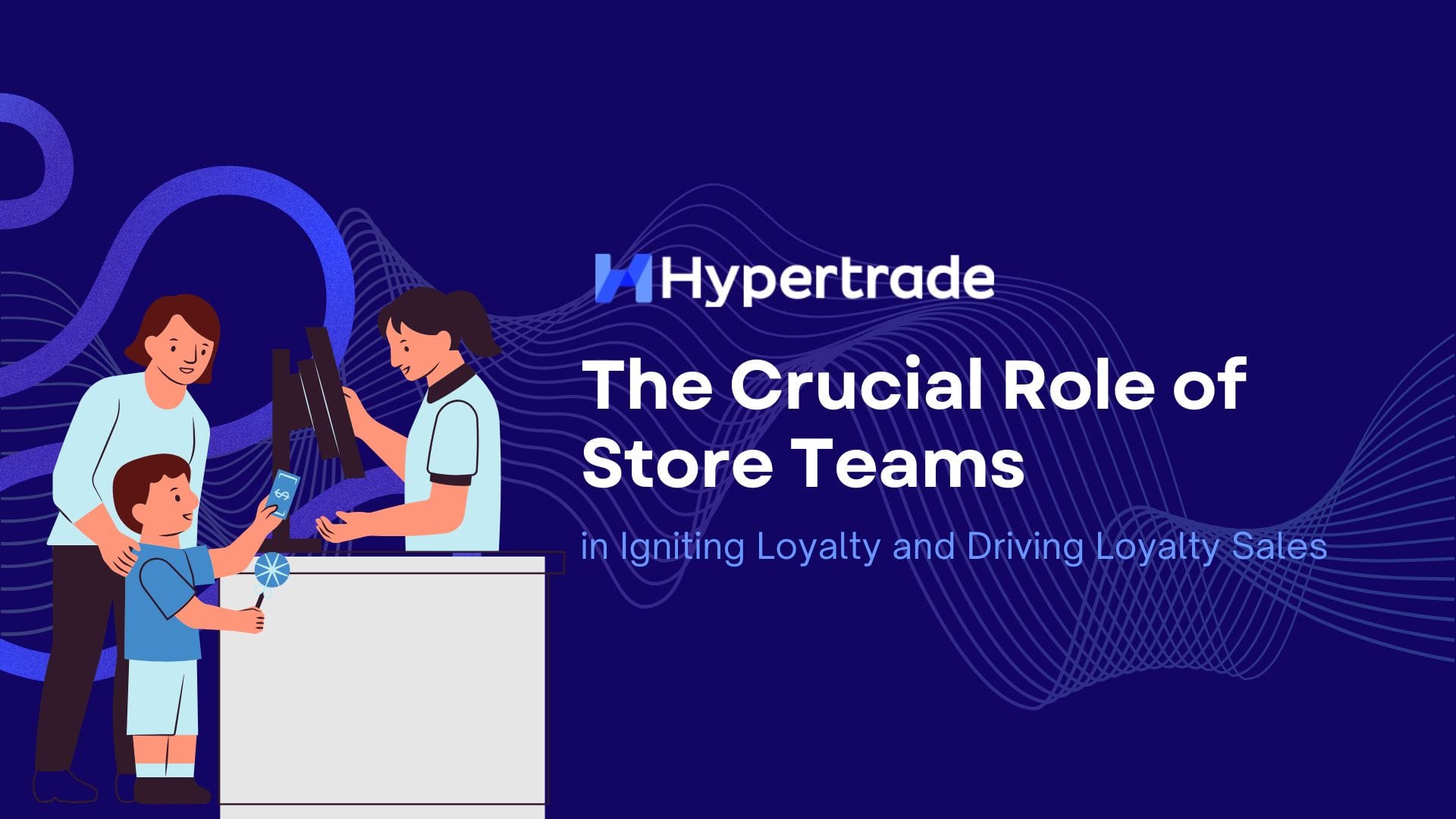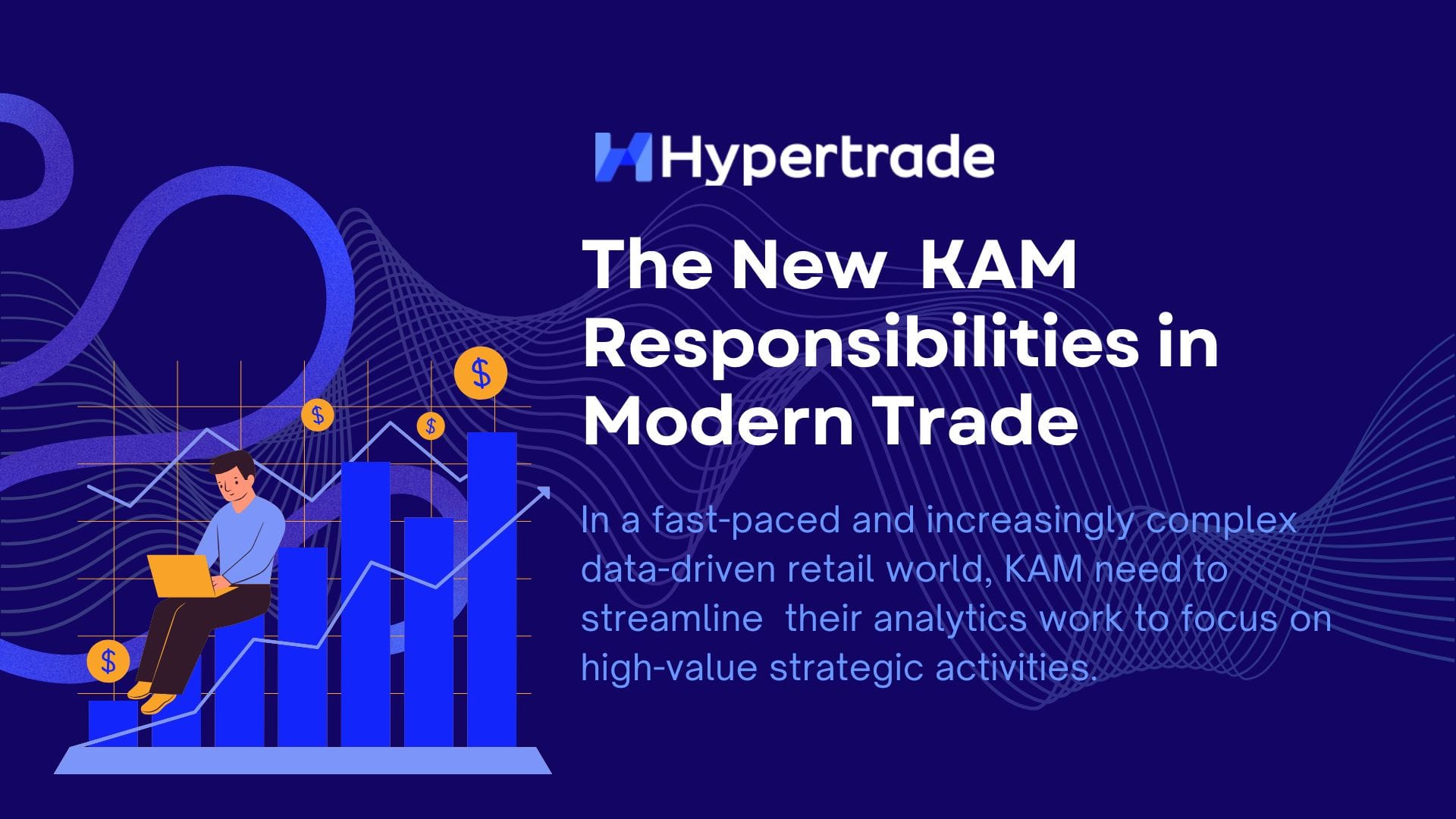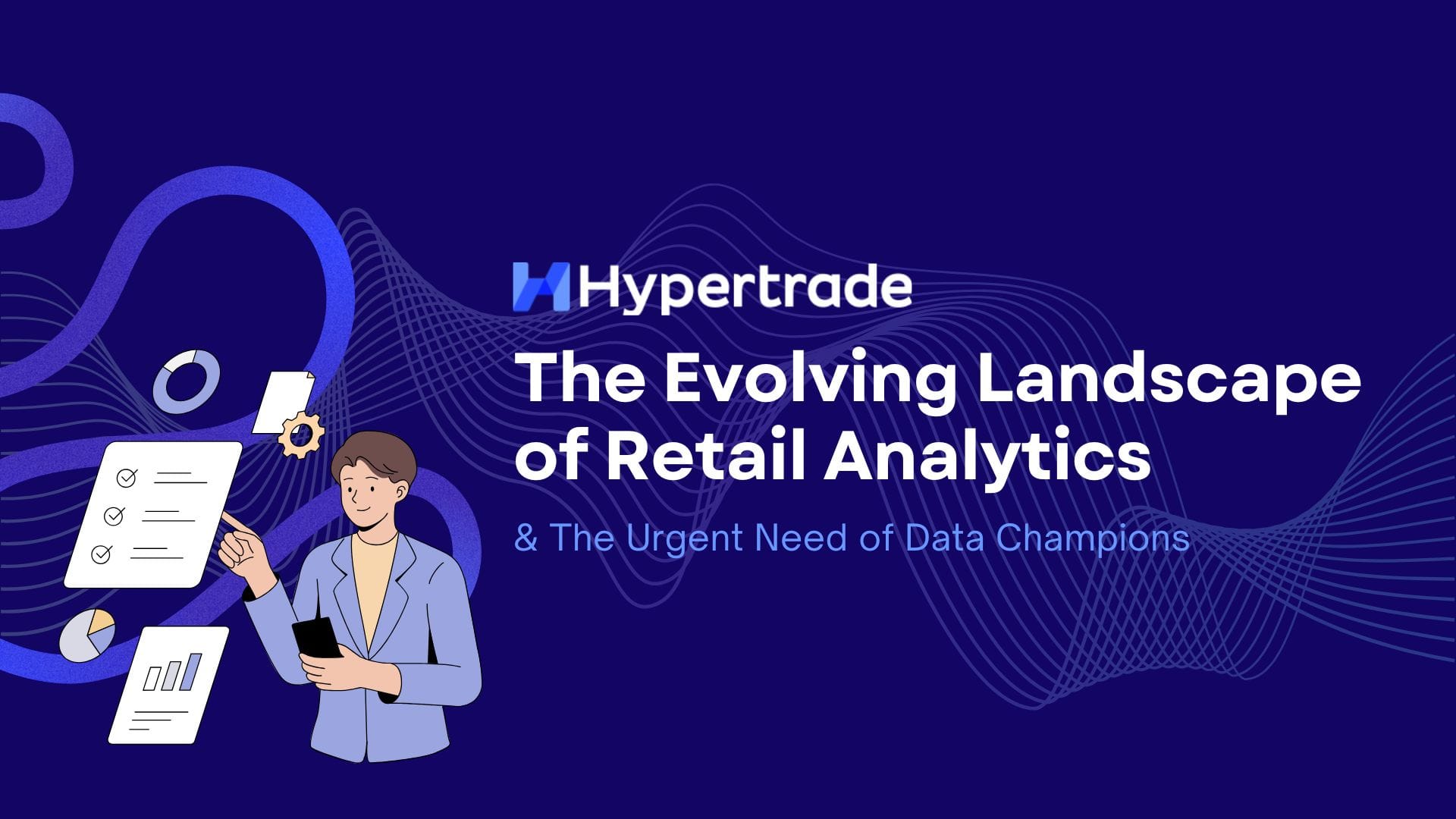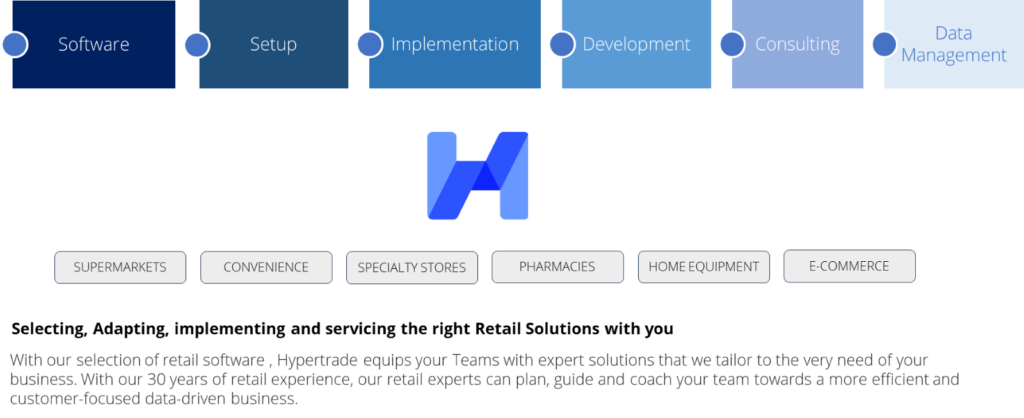By strategically implementing Zero-Based Growth (ZBG), retailers can navigate the challenging economic landscape, increase profitability, and gain a competitive edge through enhanced efficiency and customer focus.
Zero-Based Growth (ZBG) can be very beneficial for retailers, especially in today’s challenging economic climate. ZBG is a budgeting methodology that requires departments to justify their entire budgets, rather than simply increasing them from previous years. By implementing ZBG, retailers can:
- Increase profitability: Reduce costs and improve efficiency.
- Gain a competitive edge: Focus on customer needs and deliver exceptional value.
- Navigate economic challenges: Adapt to changing market conditions and consumer behavior.
ZBG is particularly relevant for retailers in today’s world, where consumption is decreasing, many categories see no growth and competition is fierce.
Definition & Benefits
ZBG is a budgeting methodology that requires each department or project to justify its entire budget, rather than simply incrementing the previous year’s spending. Unlike traditional budgeting methods that assume a certain level of growth, ZBG starts from a “zero” base and demands a thorough evaluation of every expenditure. The assumption is that previous spending levels are not necessarily justified and that managers must justify their budgets based on specific needs and goals. 1
It means that managers have to question their existing spending and focus on the value that each expenditure creates for the organisation.
While retailers are usually very careful about spending, the benefits are straightforward:
- Increase efficiency and reduce costs
- Improve profitability
- Foster a culture of innovation and continuous improvement
To be noted: successful hard-discount chains are in permanent ZBG…
Implementing ZBG
The implementation of a ZBG approach traditionally comprises 3 main axes:
- Identifying key processes and activities
- Challenging the status quo and justifying every expenditure
- Setting new performance benchmarks
One of the areas where massive gains can be achieved – and support a collaborative approach with Suppliers – is the management of Assortment.
Most Common ZBG Drivers Used by Retailers
Assortment rationalization. Promotion Effectiveness, Supply Chain Optimization, Store Operations (including layout), CRM (for personalization and Customer Experience) and Technology adoption are the “usual suspects” in ZBG. Let’s focus on 2 of them.
1. Assortment
Imagine that you can map the value created by each SKU in your ranges and associate to it all the costs related to its maintenance on the shelves, from sourcing to ordering, warehousing and stocking to replenishment, to receiving, handling, managing vendors and payments.
- In a context of decreased consumption, assortment rationalization becomes a powerful lever as it can directly impact both costs and sales:
- Reduced Costs: By rationalizing assortment, you can reduce inventory costs, storage costs, and the costs associated with managing many SKUs.
- Improved Efficiency: A streamlined assortment can lead to more efficient operations, as there are fewer products to manage and track.
- Enhanced Focus: A smaller, more focused assortment can help you concentrate on your most profitable products and target specific customer segments.
- Better Customer Experience: A well-curated assortment can improve the customer experience by making it easier for customers to find the products they need.
2. Promotions
As promotion intensity has drastically increased to try to activate consumption without always delivering the expected benefits, it is also a powerful lever to be activated in a ZBG approach. Some investigation directions are:
- Promotion Effectiveness: Evaluate the effectiveness of your current promotional strategies. Are they driving sales and generating a positive return on investment?
- Promotion Optimization: Identify opportunities to optimize your promotional strategies, such as targeting specific customer segments, using more effective messaging, or experimenting with different promotion types.
- Promotion Spending Shift: Reduce mass promotion spending to more targeted and personalized offers
Common Pitfalls & Risks
Transition to zero-based budgeting gradually, rather than making drastic cuts all at once. The reasons are straight forward:
- Minimizes Disruption: A gradual transition helps to minimize disruptions to daily operations and avoid negative impacts on customers or employees.
- Allows for Adjustments: A phased approach provides an opportunity to monitor the effects of ZBG and make adjustments as needed.
- Builds Buy-In: A gradual transition can help build buy-in from employees and stakeholders, making it easier to overcome resistance and ensure successful implementation.
- Reduces Risk: A gradual approach helps to mitigate the risks associated with implementing a major change, such as unexpected challenges or negative financial impacts.
While a more drastic approach might seem appealing for achieving quick results, it can also increase the risk of unintended consequences and resistance to change. A gradual transition allows for a more controlled and sustainable implementation of ZBG.
Implementing ZBG also has its own share of risks. The most common ones are:
- Resistance to Change: Employees may resist the changes brought about by ZBG, leading to decreased morale and productivity.
- Lack of Data: Insufficient or inaccurate data can hinder the effectiveness of ZBG, making it difficult to make informed decisions.
- Short-Term Pain: ZBG may lead to short-term financial challenges as spending is reduced or reallocated. This short-term pain can be reduced and strategically planned, but it cannot be eliminated: it delivers longer term benefits.
- Complexity: Implementing ZBG can be complex, requiring careful planning, coordination, and ongoing monitoring.
- Unexpected Challenges: ZBG may uncover unforeseen challenges or complexities within the organization.
It’s important to be aware of these potential risks and develop strategies to mitigate them. By addressing these challenges proactively, retailers can successfully implement ZBG and reap the benefits of improved efficiency, cost savings, and increased profitability.
What makes a ZBG Successful
As powerful as ZBG might be, it is important to be aware of what makes its implementation successful. Here are some key areas to focus on:
1. Manage Change
- Overcoming Fear: Address employees’ concerns about job security and potential changes in their roles.
- Communication and Training: Provide clear communication and training to help employees understand the benefits of ZBG and how to participate effectively.
2. Get the Right Data
- Data Collection: Ensure that you have accurate and comprehensive data to support your ZBG efforts.
- Data Analysis: Use data analytics to identify areas for cost savings and efficiency improvements.
3. Be Generous in Top-Level Support
- Executive Buy-In: Ensure that top-level executives are committed to ZBG and actively support its implementation.
- Alignment with Overall Strategy: Align ZBG with the company’s overall strategic goals to ensure that it contributes to long-term success. ZBG does not replace the strategies in place
4. Integrate Non-Financial Factors
- Customer Satisfaction: Consider the impact of ZBG on customer satisfaction and experience. In other words, depleting too strongly stores or other business units might bring the opposite results.
- Employee Morale: Monitor employee morale and address any negative consequences of cost-cutting measures.
5. Be Flexible
- Flexibility: Be prepared to adjust your ZBG approach as circumstances change.
- Continuous Evaluation: Regularly evaluate the effectiveness of ZBG and make necessary adjustments.
Conclusion
- ZBG as a Strategic Tool: ZBG can be a powerful tool for retailers to navigate challenging economic conditions and improve profitability.
- Benefits of ZBG: Implementing ZBG can lead to increased efficiency, reduced costs, improved focus, and enhanced customer experience.
- Implementation Strategies: Key strategies for implementing ZBG include:
- Gradual implementation
- Data-driven decision making
- Addressing resistance to change
- Focusing on long-term benefits
- Retail-Specific Considerations: ZBG can be particularly effective for retailers through assortment rationalization, promotion optimization, and improved inventory management.
- Case Studies: Examples of successful ZBG implementations in retail can provide valuable insights and inspiration.
By strategically implementing ZBG, retailers can navigate the complexities of the modern retail landscape and achieve long-term success. Hypertrade offers comprehensive solutions to support your ZBG journey, from data analysis to implementation guidance.
Why Hypertrade as your ZBG Partner
Hypertrade is a strategic partner that bridges the gaps between Supply and Demand, transforming data into actionable insights. Leveraging our deep expertise in Retail and CPG, and cutting-edge technology, we enable businesses to understand their customers profoundly.
Our purpose is to empower Teams to harness the power for data, helping them solve real-life challenges and achieve their goals.
To achieve this, we offer a comprehensive suite of services that includes consulting, including Teams education, technology development and solutions, to enable businesses to understand and engage their customers effectively.
Tools & Services To help Across your Profitability Journey
- Data Transformation
- Organizational Change Management
Start your journey towards a more efficient and profitable retail operation. Schedule a demo of our ZBG solutions for Assortment, Promotions and Customer Engagement.

